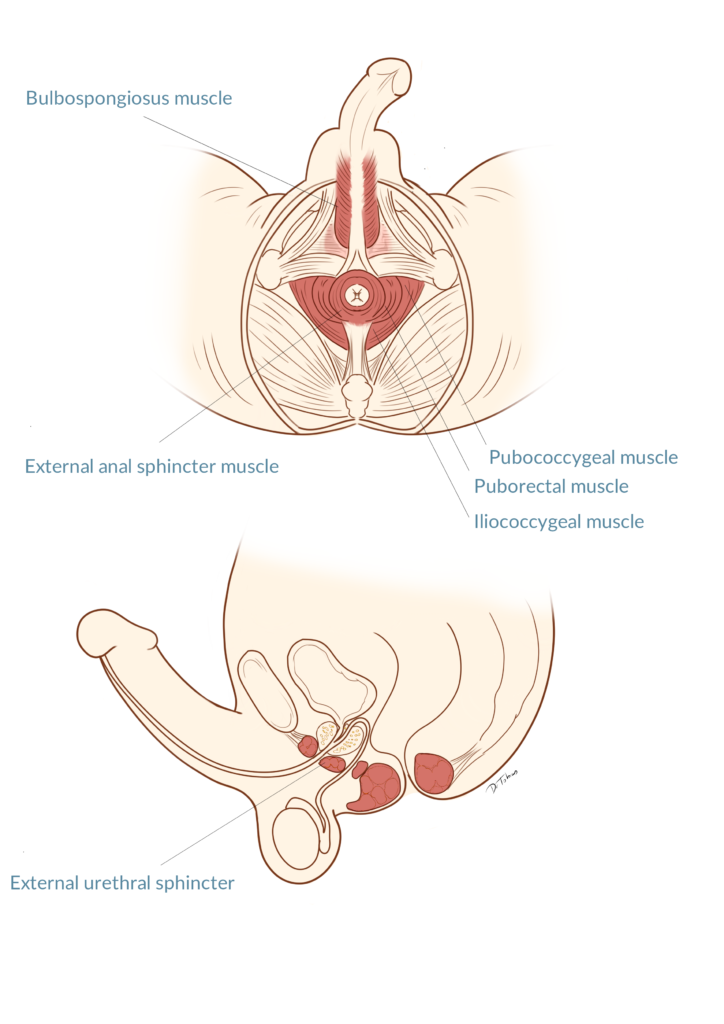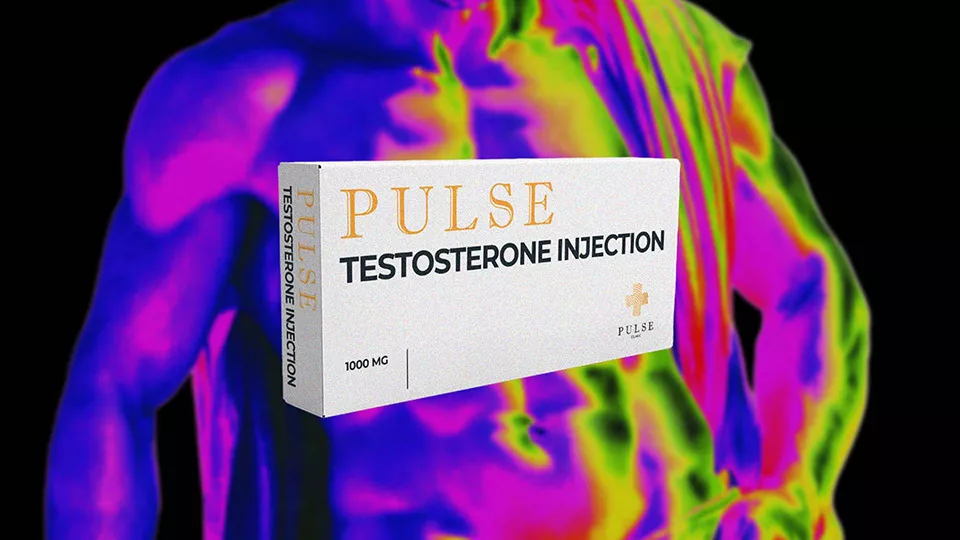Delayed ejaculation - Causes and Treatment
47068
Delayed ejaculation a significant delay or difficulty in achieving ejaculation despite regular sexual stimulation and desire.

Delayed ejaculation, also known as male orgasmic disorder or impaired ejaculation, is a sexual dysfunction characterized by a significant delay or difficulty in achieving ejaculation despite regular sexual stimulation and desire. This condition can lead to frustration and dissatisfaction for both the individual experiencing it and their partner. It is different from premature ejaculation.

What are the causes of delayed ejaculation?
Delayed ejaculation can have physical and psychological causes, and sometimes a combination. Some potential causes include:
Physical Factors:
Medications: Certain medications, such as antidepressants, antipsychotics, and blood pressure medications, can interfere with ejaculation.
Nervous system issues, such as multiple sclerosis or diabetic neuropathy, can impact ejaculation.
Hormonal imbalances: Low testosterone levels or other hormonal issues can contribute to delayed ejaculation.
Prostate problems: Conditions affecting the prostate gland can lead to ejaculation difficulties.

Psychological Factors:
Anxiety and stress: Performance anxiety, relationship issues, or general stress can make it difficult to relax and achieve ejaculation.
Trauma or past experiences: Traumatic events or negative sexual experiences in the past can influence sexual function.
Conditioning: Repeated patterns of sexual behaviour or experiences might contribute to difficulties in ejaculation.
Trust PULSE CLINIC to take care of your health like other 45000 people from over 130 countries. We provide discreet professional service with high privacy. Here to help, not to judge.
What are the treatments for delayed ejaculation?
Treatment for delayed ejaculation depends on the underlying cause. Consulting a healthcare professional to diagnose the issue and develop a tailored treatment plan is essential. Treatment options may include:
1. Addressing Underlying Medical Issues:
Medication Adjustment: If medications are causing or contributing to delayed ejaculation, a healthcare provider might consider adjusting the dosage, changing the medication, or exploring alternative options. Certain medications might be an option to facilitate ejaculation by different mechanisms, such as Bupropion
Hormone Therapy: If hormonal imbalances are identified as a cause, hormone replacement therapy might be recommended to restore normal hormone levels.
Treating Neurological Conditions: If a neurological condition contributes to delayed ejaculation, treating the underlying neurological issue may help improve sexual function.
2. Psychological Interventions:
Sex Therapy: Sex therapy involves working with a trained sex therapist to address psychological factors contributing to delayed ejaculation. This could include exploring underlying anxieties, fears, or relationship dynamics.
Cognitive-Behavioural Therapy (CBT): CBT can help identify and modify negative thought patterns, anxieties, and behaviors related to sexual performance.
3. Behavioral Techniques:
Sensate Focus: Sensate focus exercises involve gradual sensual touch and exploration of each other's bodies without the pressure of performance, which can help reduce anxiety and increase pleasure.
Masturbation Techniques: Learning to control ejaculation through masturbation and developing awareness of one's body responses can be beneficial.
Pelvic Floor Exercises: Strengthening the pelvic floor muscles through exercises (such as Kegel exercises) can potentially improve ejaculatory control.
4. Couples Therapy:
Involving a partner in therapy sessions can address relationship issues contributing to delayed ejaculation. Open communication and mutual support are critical.
5. Use of Assistive Devices:
Penile Vibratory Stimulation: This can be used under medical guidance to help induce ejaculation in cases of neurological issues.
Sex Toys: Certain sex toys and devices designed for sexual pleasure and stimulation might be helpful.
Seeking professional help is crucial if delayed ejaculation is causing distress in your life or relationship. A healthcare provider can help identify the underlying cause and recommend appropriate interventions.
Add us on Line and stay in touch.







